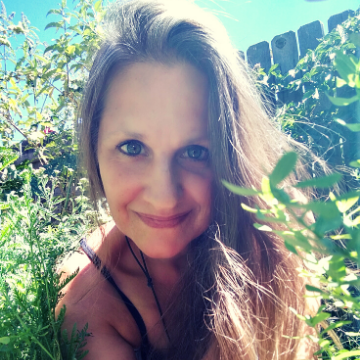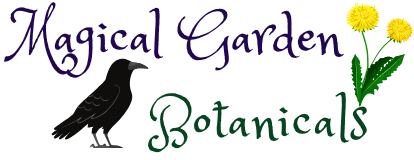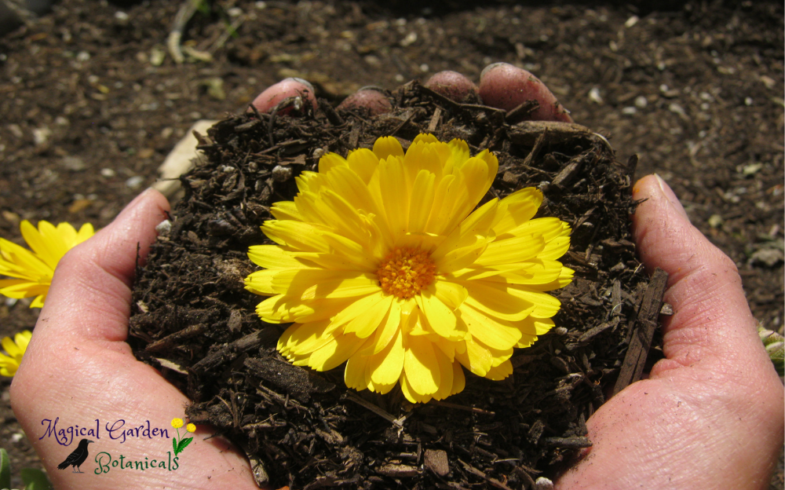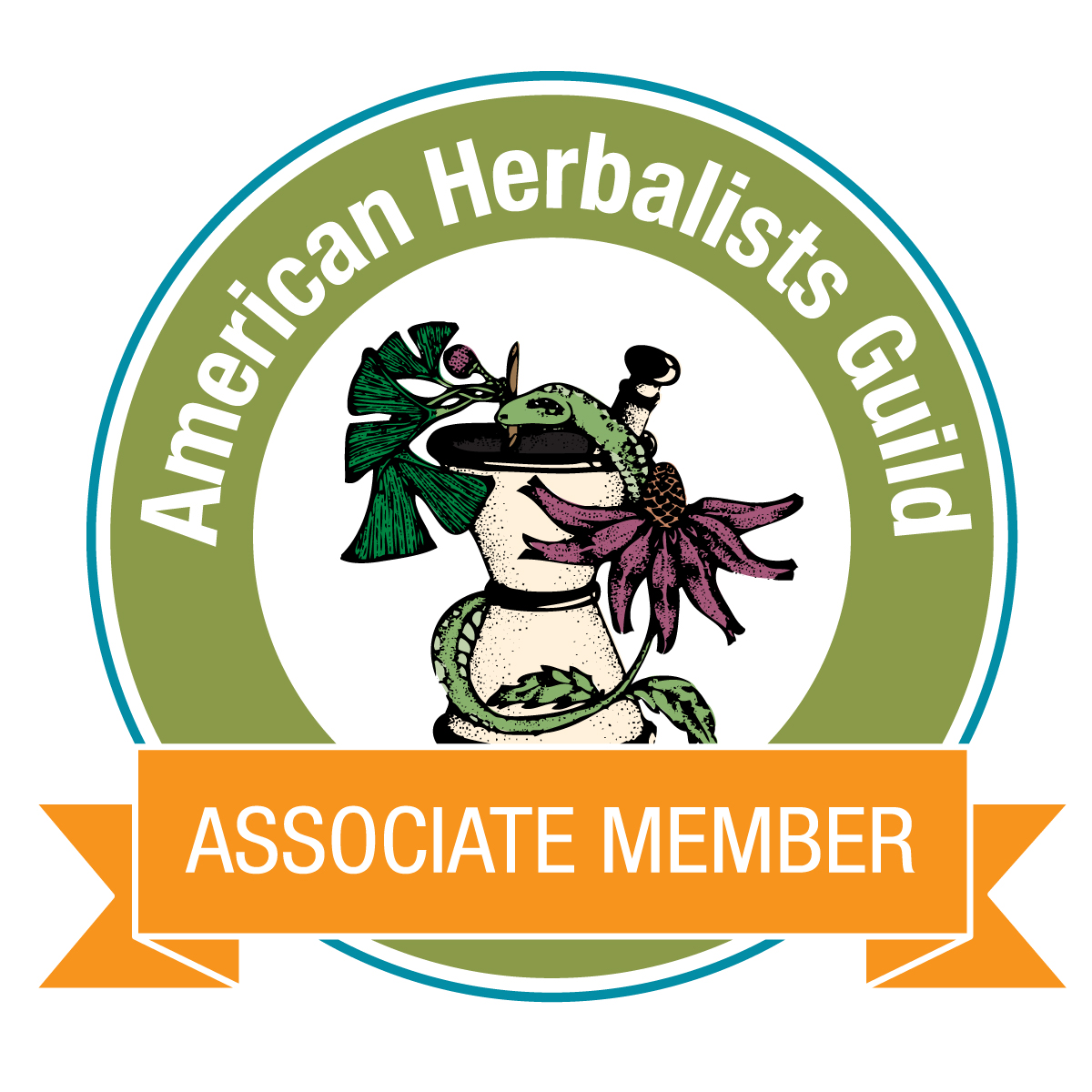14 Things I Learned About Composting
Composting is a win-win situation. In addition to being a fantastic cost-effective way to nourish the soil, it is also a great way to reduce the amount of trash traveling to the landfill.
Before starting on my biodegradable adventure, I made sure to read up on composting. It turns out there’s a lot of information out there, and there are many different opinions on what works best. Here are 14 things I have learned over the years…
 Good soil+compost= healthy veggies |
1) Add only plant matter and non-fatty items to your compost pile. Veggie and fruit scraps, bread, eggshells, leaves, paper, plants are all ok.
2) Do not compost dryer lint. I have seen it recommended. It is a practice best avoided since many clothing fibers are synthetic and often treated with harsh dyes and chemicals.
3) A good ratio of browns to greens is 1 part green to 2 parts brown. Although some prefer 2 green to 1 brown or even a 1:1 ratio. Trial and error are the best in this situation. Mostly because 1 part of browns is lighter (leaves) in comparison to 1 part of greens (veggie scraps). Browns are dry materials such as leaves and paper. While greens can be veggie scraps and grass clippings.
4) A handful of soil helps to add beneficial bacteria to the compost. Similar to what a probiotic does to your belly.
5) Stir/spin compost pile or barrel often.
6) Heat and freezing temperatures both help to biodegrade matter. Although, heat is much faster.
7) If your compost smells bad, something is off balance.
8) If you ask for a compost barrel for Mother’s Day, you will want another one on your birthday. You need 2 barrels! One to “rest” while you fill the other.
9) Most compost barrels have a liquid reservoir at the bottom to collect “compost tea.” This needs to be diluted, but it’s an excellent fertilizer.
10) Add water occasionally to keep the compost moist.
11) Bugs are beneficial-they are great decomposers.
12) Items such as eggshells, paper, and thick-shelled veggies should be crushed a little before composting.
13) Your garden will love compost, but if you have an overabundance, it makes great fill dirt. Especially when you have voracious diggers. (kids)
14) It’s a great way to teach children the value of reducing what goes into our landfills. Along with demonstrating how certain items biodegrade in given conditions.


Daughter of the Earth, Mother of her creations. Ivanna (Evie) doesn’t care for titles, but the ones that fit best are homeschool mom, herbalist, and blogger. Her greatest joy is guiding others to find true wellness within themselves and Mother Earth. When not spending time with her beloved family, she can be found researching everything related to holistic wellness, crafting herbal remedies, or visiting with the plants in the Magical Garden.




